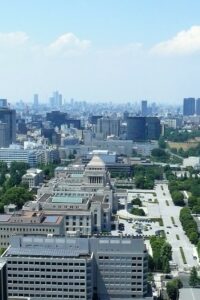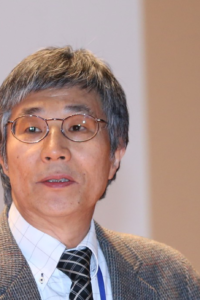
Editorial staff: This special feature discusses research on the lives of ancient people beyond the boundaries of study areas, with a focus on the time from the Jomon period to the Kofun (ancient tomb) period. Please tell us what you think of the time from the Jomon period to the Kofun period. Shinoda Kenichi: Genome information shows that the genetic structure of modern-day Japanese was more strongly influenced by the immigrant Yayoi people who came to Japan from Korea and China than by the Jomon people, who constituted the fundamental bases for the Japanese people. It seems that because the people from the Korean and Chinese continents were agricultural people, they had a strong ability to increase the population. Anthropological studies on the Jomon and Yayoi periods have revealed that modern-day Japanese living on the main island of Japan have many genes derived ... ... [Read more]

